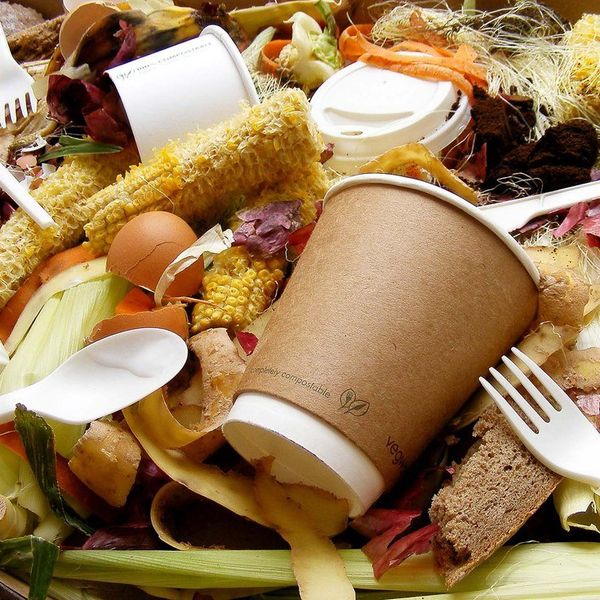When thinking about America’s economy and how we function, there are many things to take into question. Although money has solidified its position as the number one main cause to our dysfunctional economy, one topic has certainly raised a few eyebrows among the American population. Through overconsumption, minimum awareness of recycling, and disposable products we have subconsciously adopted and established a “throw-away economy”. The biggest challenge that we face is how acceptable do we as American people find this problem to be; and what can be done to minimize if not prevent this from occurring throughout society.
Two concepts that emerged during the mid-twentieth century have shaped the evolution of the global economy — planned obsolescence and throwaway products. Both were seized on enthusiastically in the United States after World War II as a way of promoting economic growth and employment. Planned obsolescence is a business strategy in which the obsolescence (the process of becoming obsolete—that is, unfashionable or no longer usable) of a product is planned and built into it from its conception.
For years we have allowed our economy to suffer from this style of living and marketing. The faster things wore out and the sooner they could be thrown away, the faster the economy would grow. (Lester R. Brown). It consumed the American people; from year to year, products made small changes and upgrades to increase the value to their consumers. Women had annual fashion shows that brought in and displayed the newest fabric, color schemes, designs and name brand of the season which led to making the clothes from a few months ago seem useless.
The throwaway economy evolved during the last half of the twentieth century. In 1997 over 30 million tons of products were either disposed or wasted. There are three main categories that are used in today’s modern society. Metals (steel, zinc) nonmetallic minerals (stone, gravel) and the ones who have an organic origin (wood). Although it has been confirmed that nonmetallic minerals cause the lesser of damage to the economy, no one knows exactly how many chemicals are manufactured today, but with the advent of synthetic chemicals, most of them organic in nature, the number of chemicals in use has climbed over 100,000. For years we have allowed our economy to suffer from this style of living and marketing and are finally starting to see the negative effects from it.





















